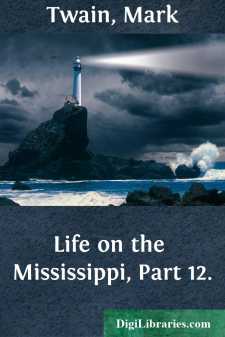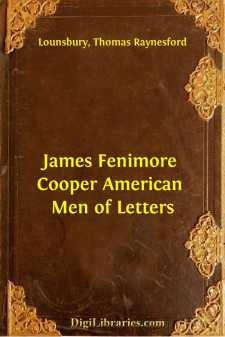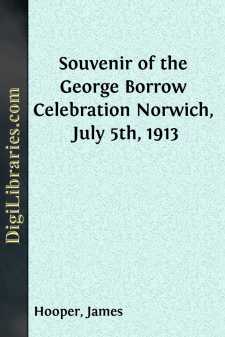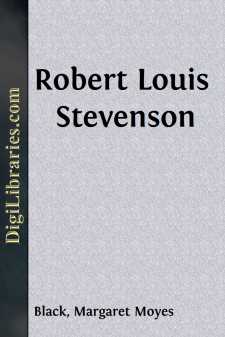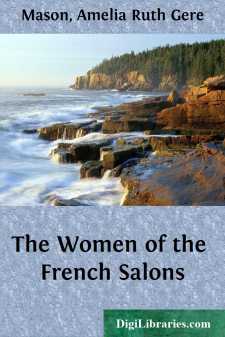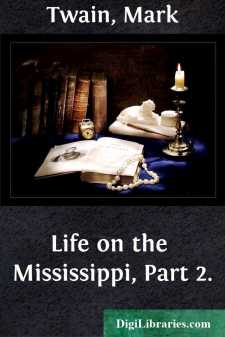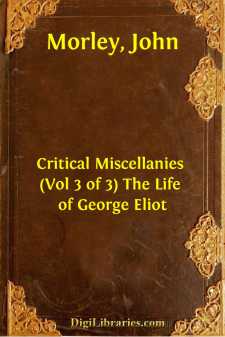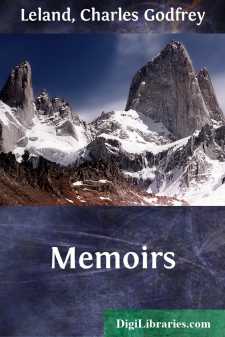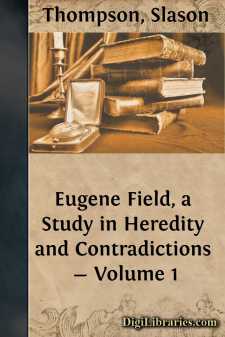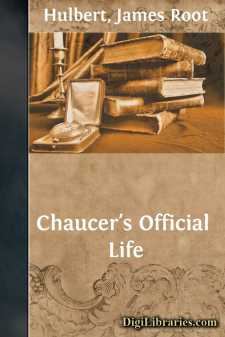Biography & Autobiography
- Adventurers & Explorers 15
- Artists, Architects, Photographers 16
- Business 2
- Composers & Musicians 14
- Criminals & Outlaws 5
- Cultural Heritage 1
- Editors, Journalists, Publishers 6
- Educators 1
- Entertainment & Performing Arts 3
- General 74
- Health, Exercise & Fitness 1
- Historians 3
- Historical 83
- Law Enforcement 1
- Lawyers & Judges 3
- Literary
- Medical 7
- Military 48
- Naturalists, Gardeners, Environmentalists 8
- Personal Memoirs & Diaries 228
- Philosophers 3
- Political 9
- Presidents & Heads of State 38
- Religious 39
- Rich & Famous 27
- Scientists 13
- Women 31
Literary Books
Sort by:
by:
Mark Twain
A Question of Law THE slaughter-house is gone from the mouth of Bear Creek and so is the small jail (or 'calaboose') which once stood in its neighborhood. A citizen asked, 'Do you remember when Jimmy Finn, the town drunkard, was burned to death in the calaboose?' Observe, now, how history becomes defiled, through lapse of time and the help of the bad memories of men. Jimmy Finn was...
more...
Chapter I. 1789-1820. In one of the interior counties of New York, less than one hundred and fifty miles in a direct line from the commercial capital of the Union, lies the village of Cooperstown. The place is not and probably never will be an important one; but in its situation and surroundings nature has given it much that wealth cannot furnish or art create. It stands on the southeastern shore of...
more...
by:
James Hooper
George Borrow. 1 Man of the Book, thou Pilgrim of the Road, The love of travelDrave thee on ever with pursuing goad;Trust was thy burning light, Truth was thy load— Sweet riddles for the weary to unravel, Within thy breast Glowed the pure fire of an Eternal Quest. 2 The Bible was thy chart, the open sky Thy roof and rafterOften, and thou didst learn night’s mystery;Learning...
more...
CHAPTER I HEREDITY AND ANTECEDENTS'These are thy works, O father, these thy crown,Whether on high the air be pure they shineAlong the yellowing sunset, and all nightAmong the unnumbered stars of God they shine.Or whether fogs arise, and far and wideThe low sea-level drown—each finds a tongue,And all night long the tolling bell resounds.So shine so toll till night be overpast,Till the stars...
more...
PREFACE It has been a labor of love with many distinguished Frenchmen to recall the memories of the women who have made their society so illustrious, and to retouch with sympathetic insight the features which time was beginning to dim. One naturally hesitates to enter a field that has been gleaned so carefully, and with such brilliant results, by men like Cousin, Sainte-Beuve, Goncourt, and others of...
more...
by:
Mark Twain
Chapter 6 A Cub-pilot's Experience WHAT with lying on the rocks four days at Louisville, and some other delays, the poor old 'Paul Jones' fooled away about two weeks in making the voyage from Cincinnati to New Orleans. This gave me a chance to get acquainted with one of the pilots, and he taught me how to steer the boat, and thus made the fascination of river life more potent than ever...
more...
by:
John Morley
THE LIFE OF GEORGE ELIOT. The illustrious woman who is the subject of these volumes makes a remark to her publisher which is at least as relevant now as it was then. Can nothing be done, she asks, by dispassionate criticism towards the reform of our national habits in the matter of literary biography? 'Is it anything short of odious that as soon as a man is dead his desk should be raked, and every...
more...
It happened once in Boston, in the year 1861 or 1862, that I was at a dinner of the Atlantic Club, such as was held every Saturday, when the question was raised as to whether any man had ever written a complete and candid autobiography. Emerson, who was seated by me at the right, suggested the “Confessions” of Rousseau. I objected that it was full of untruths, and that for plain candour it was...
more...
by:
Slason Thompson
CHAPTER I PEDIGREE "Sir John Maundeville, Kt.," was his prototype, and Father Prout was his patron saint. The one introduced him to the study of British balladry, the other led him to the classic groves of Horace. "I am a Yankee by pedigree and education," wrote Eugene Field to Alice Morse Earle, the author of "The Sabbath in Puritan New England," and other books of the same...
more...
The researches of Sir Harris Nicolas, Dr. Furnivall, Mr. Selby and others have provided us with a considerable mass of detailed information regarding the life and career of Geoffrey Chaucer. Since the publication of Nicolas's biography of the poet prefixed to the Aldine edition of Chaucer's works in 1845, the old traditional biography of conjecture and inference, based often on mere...
more...


